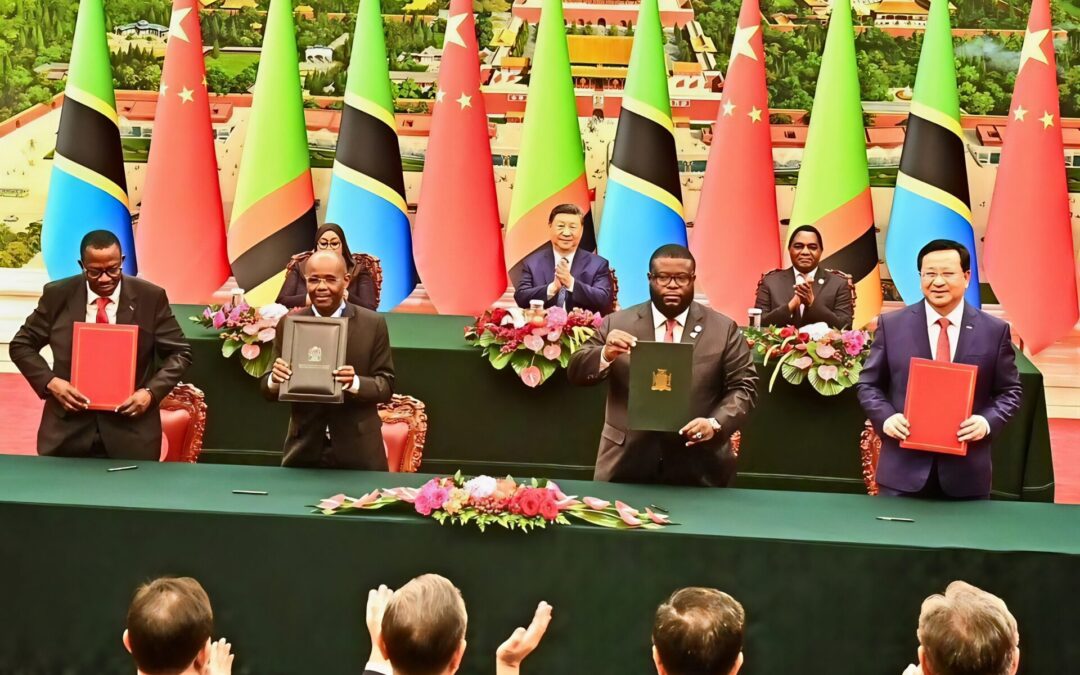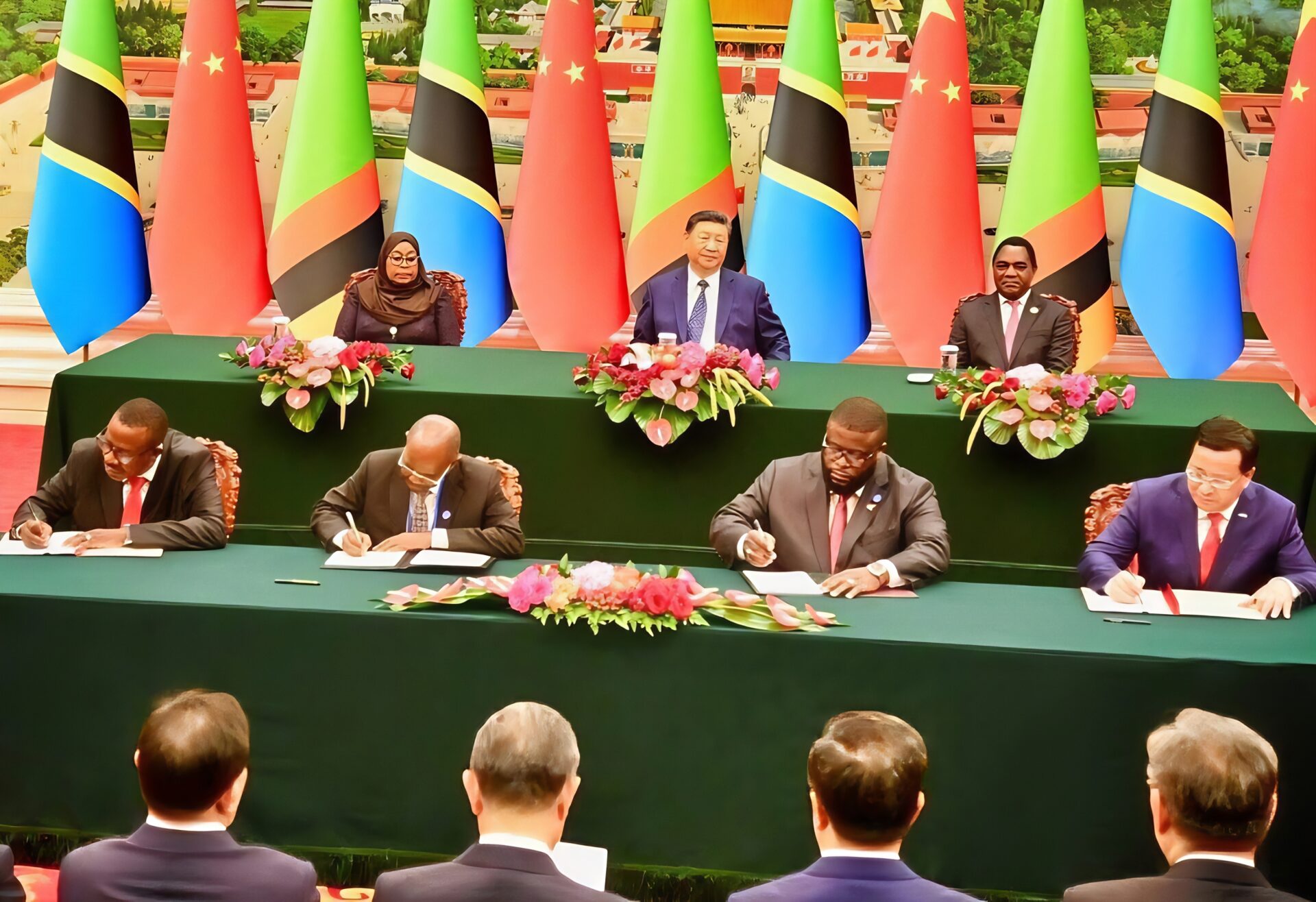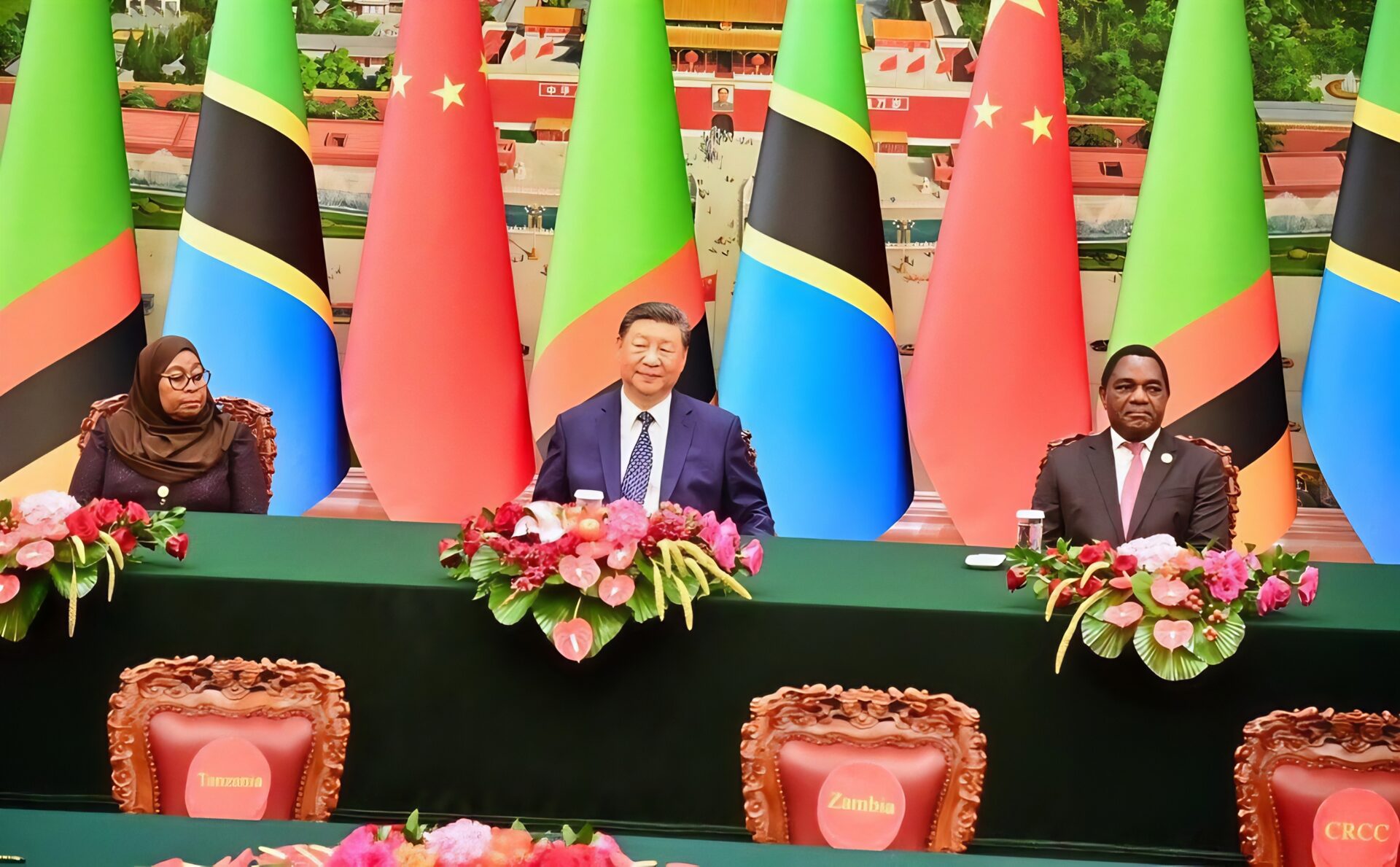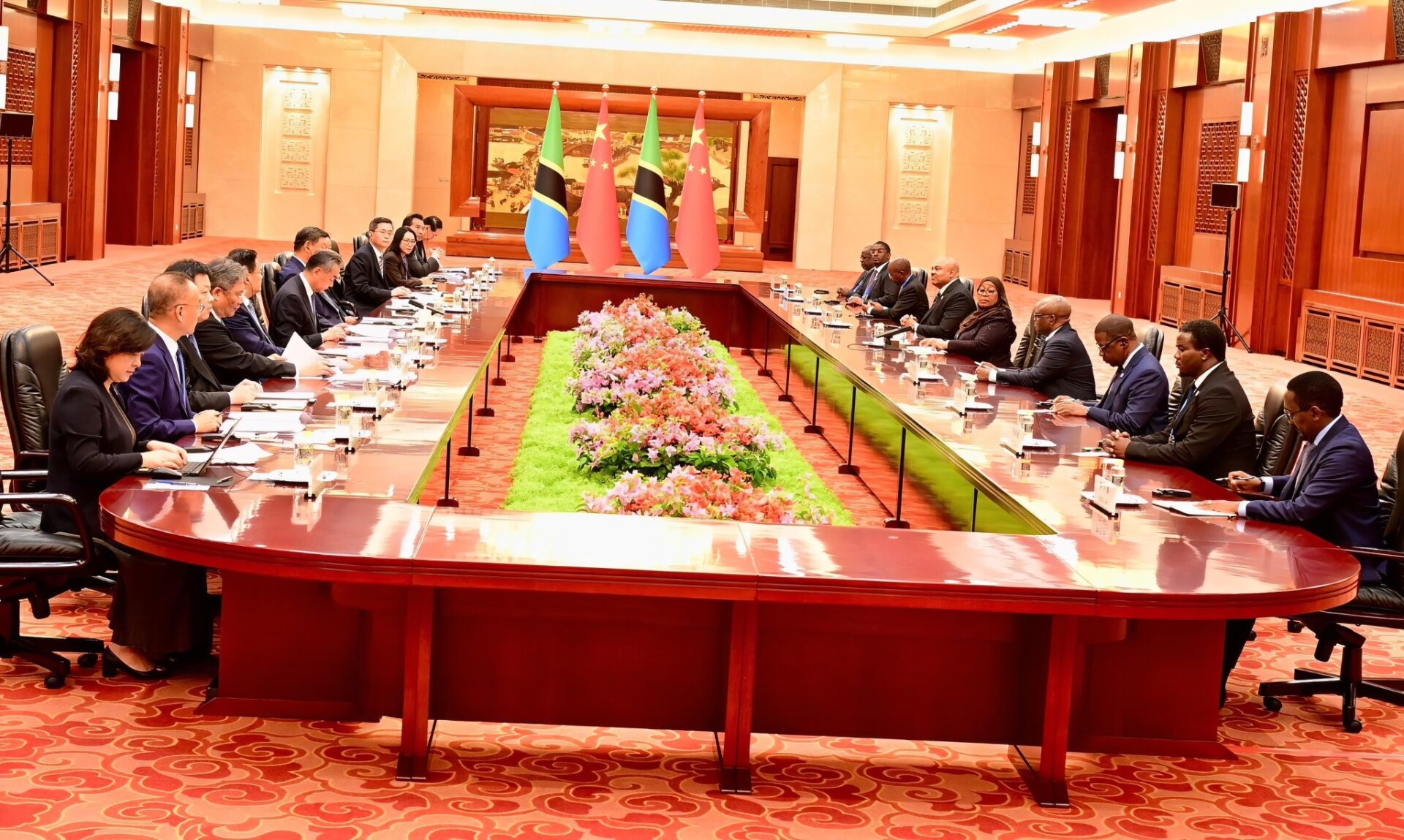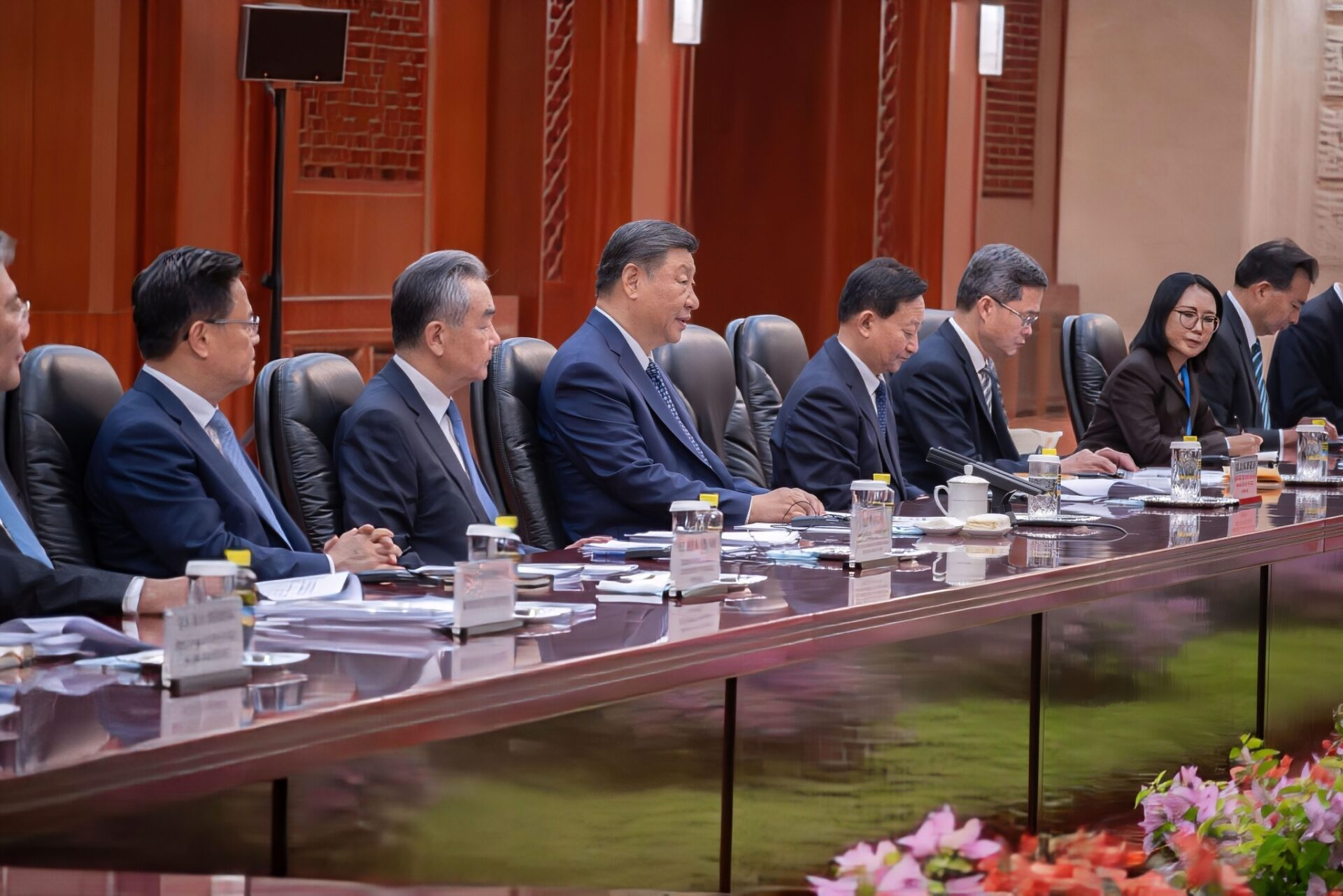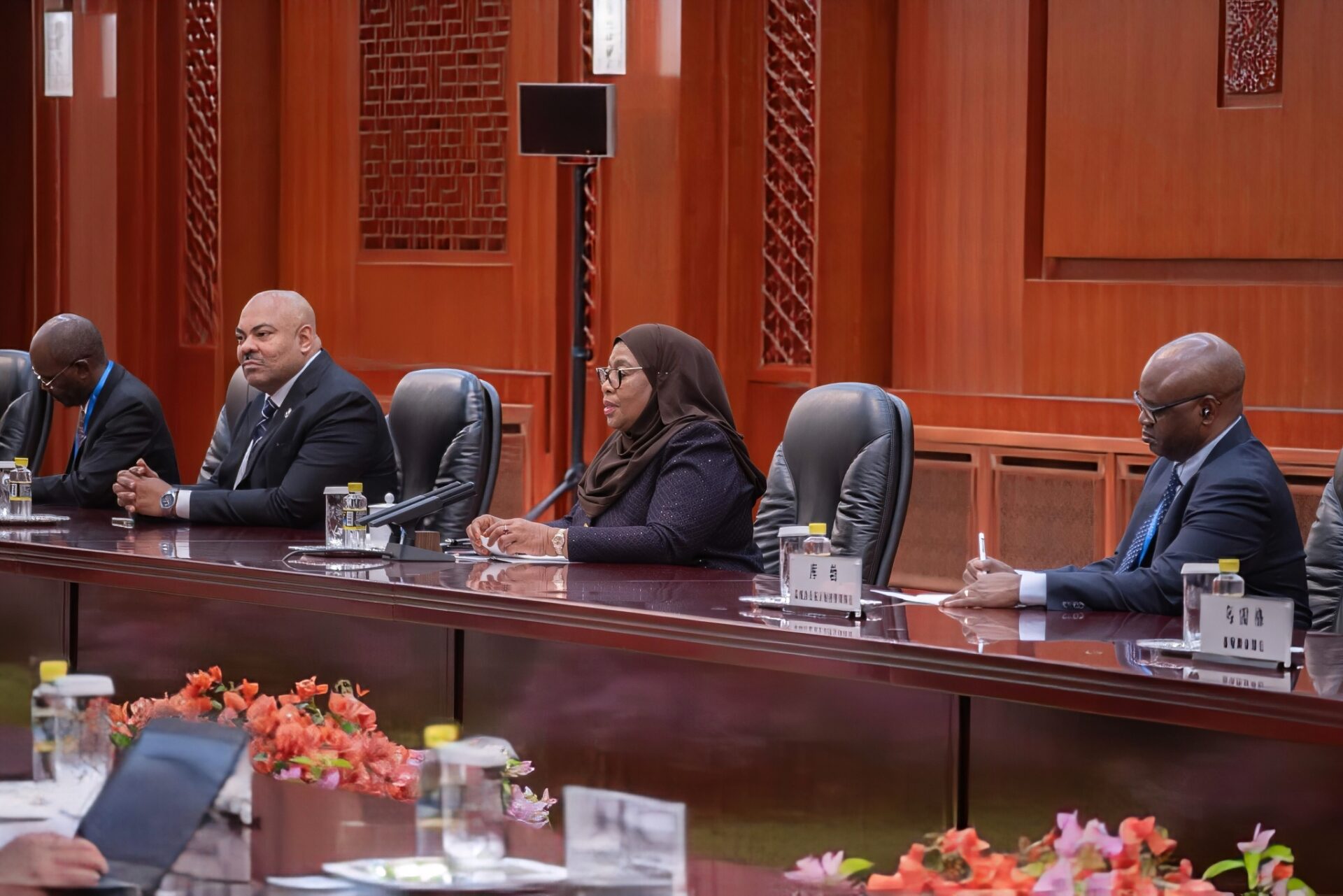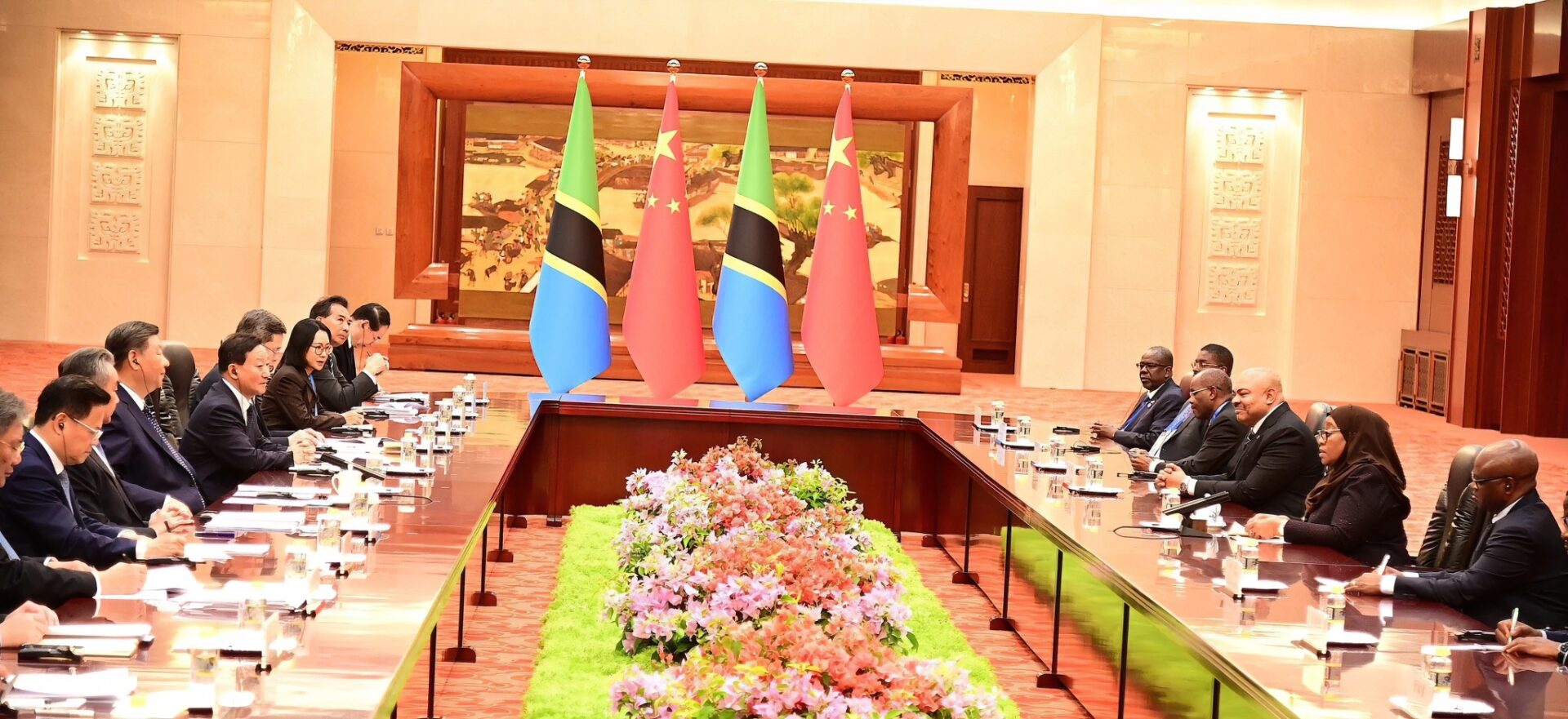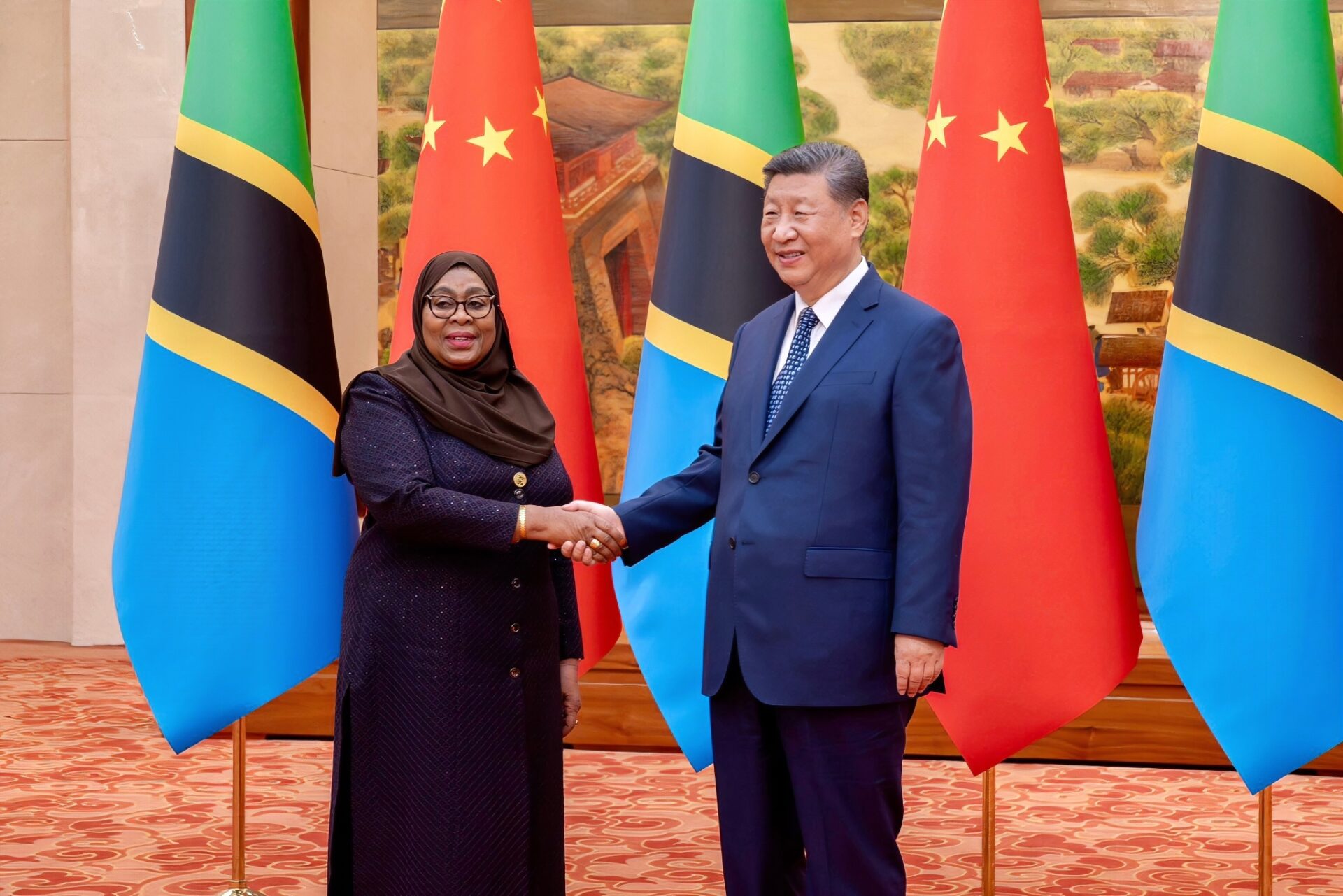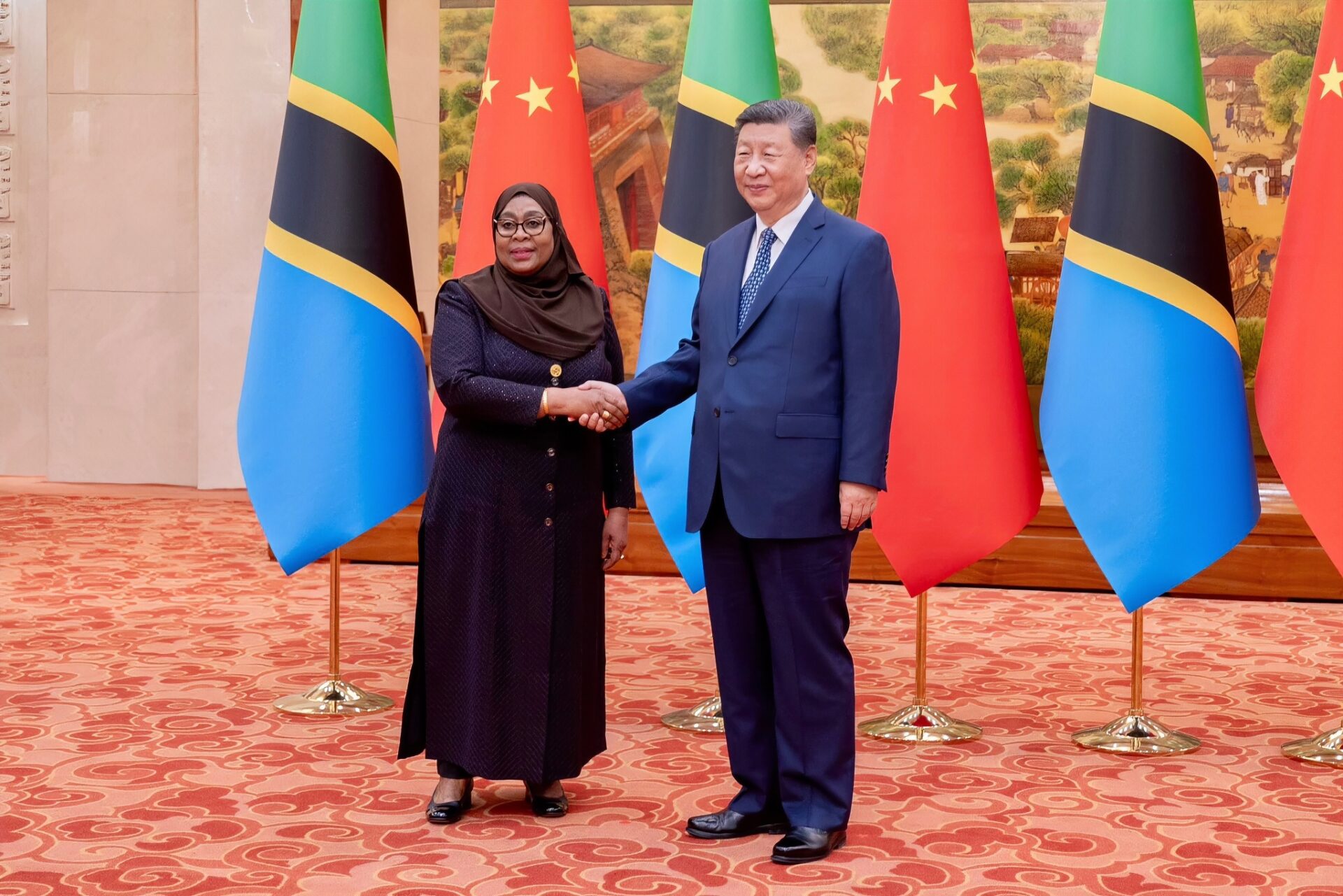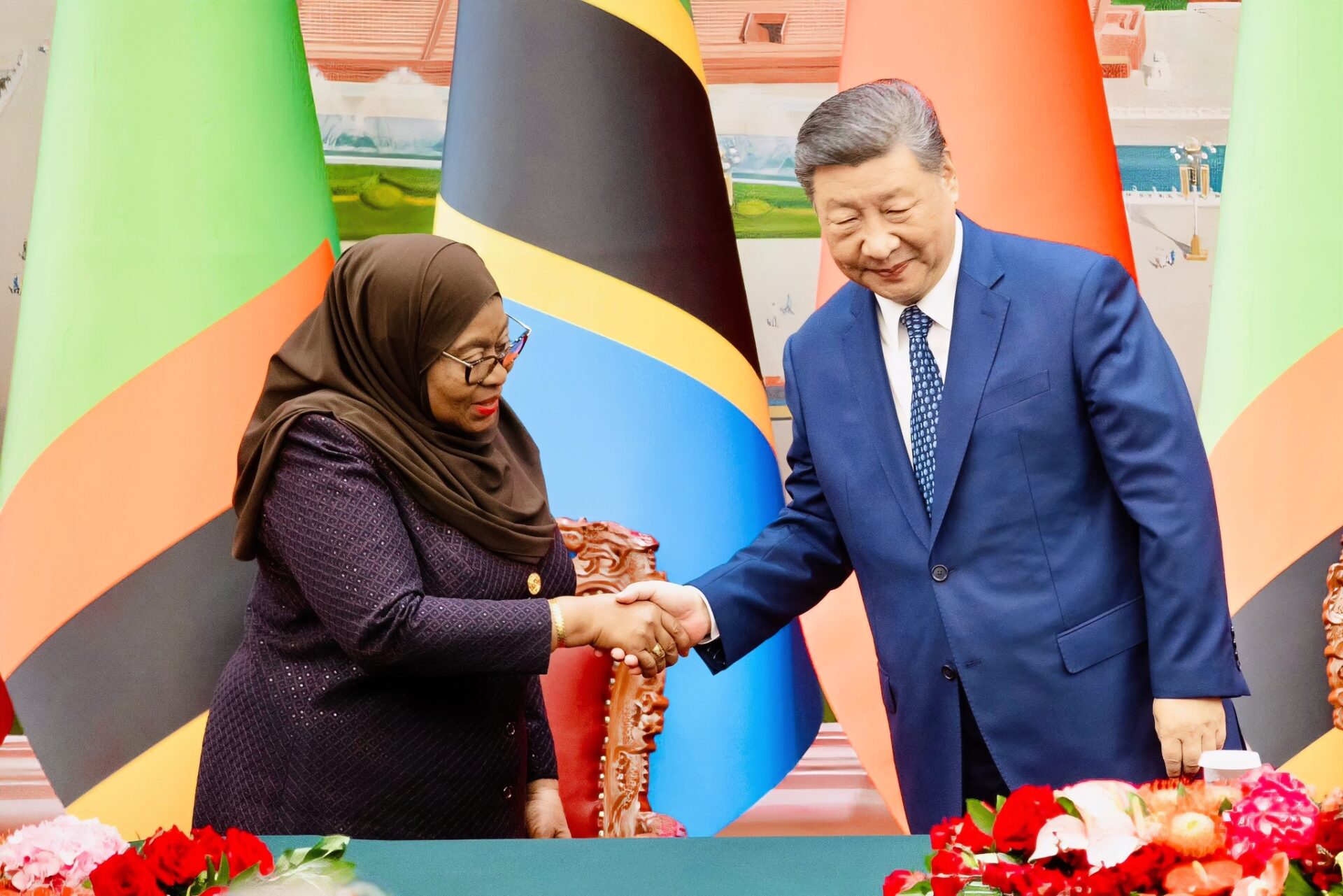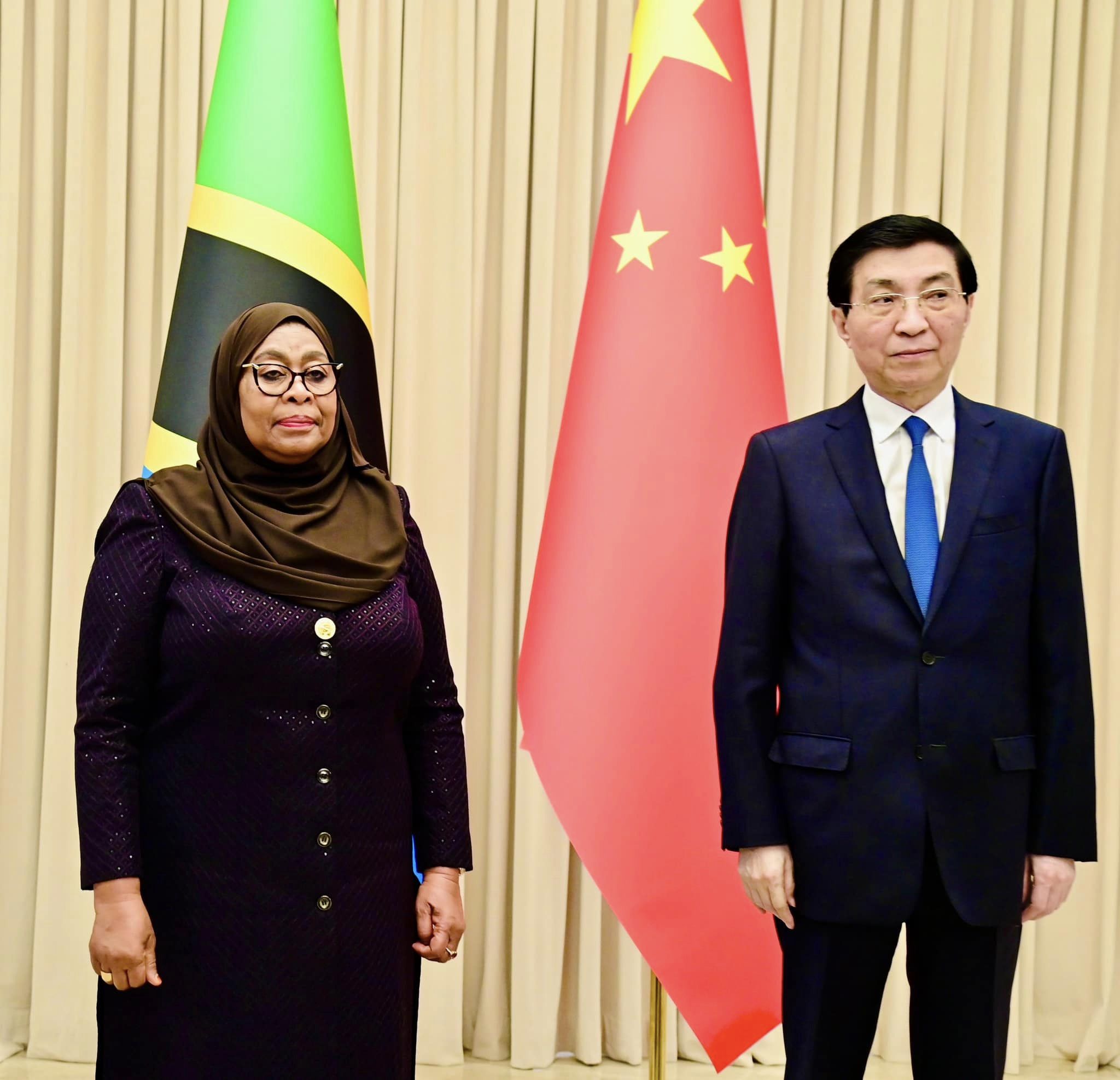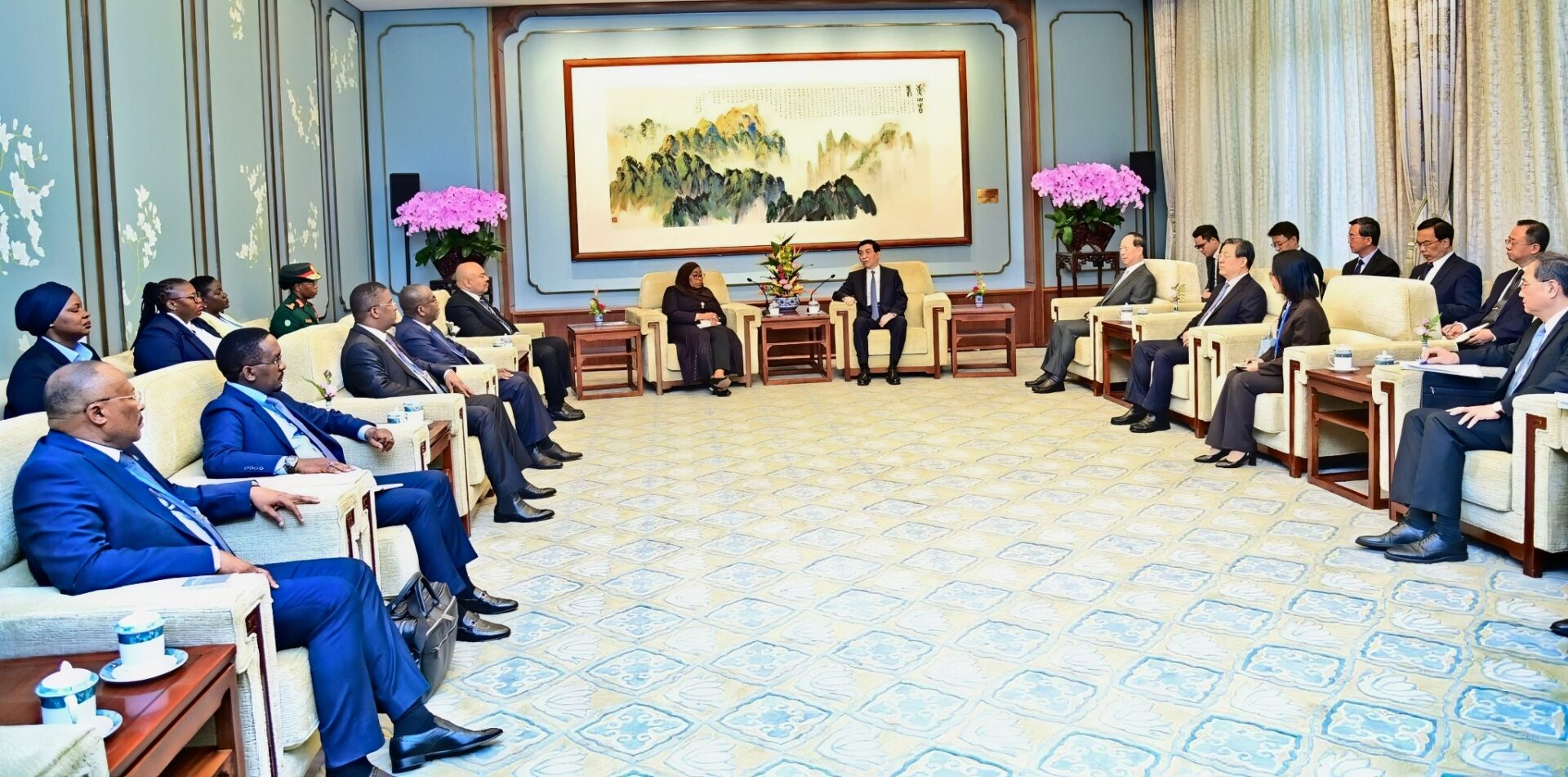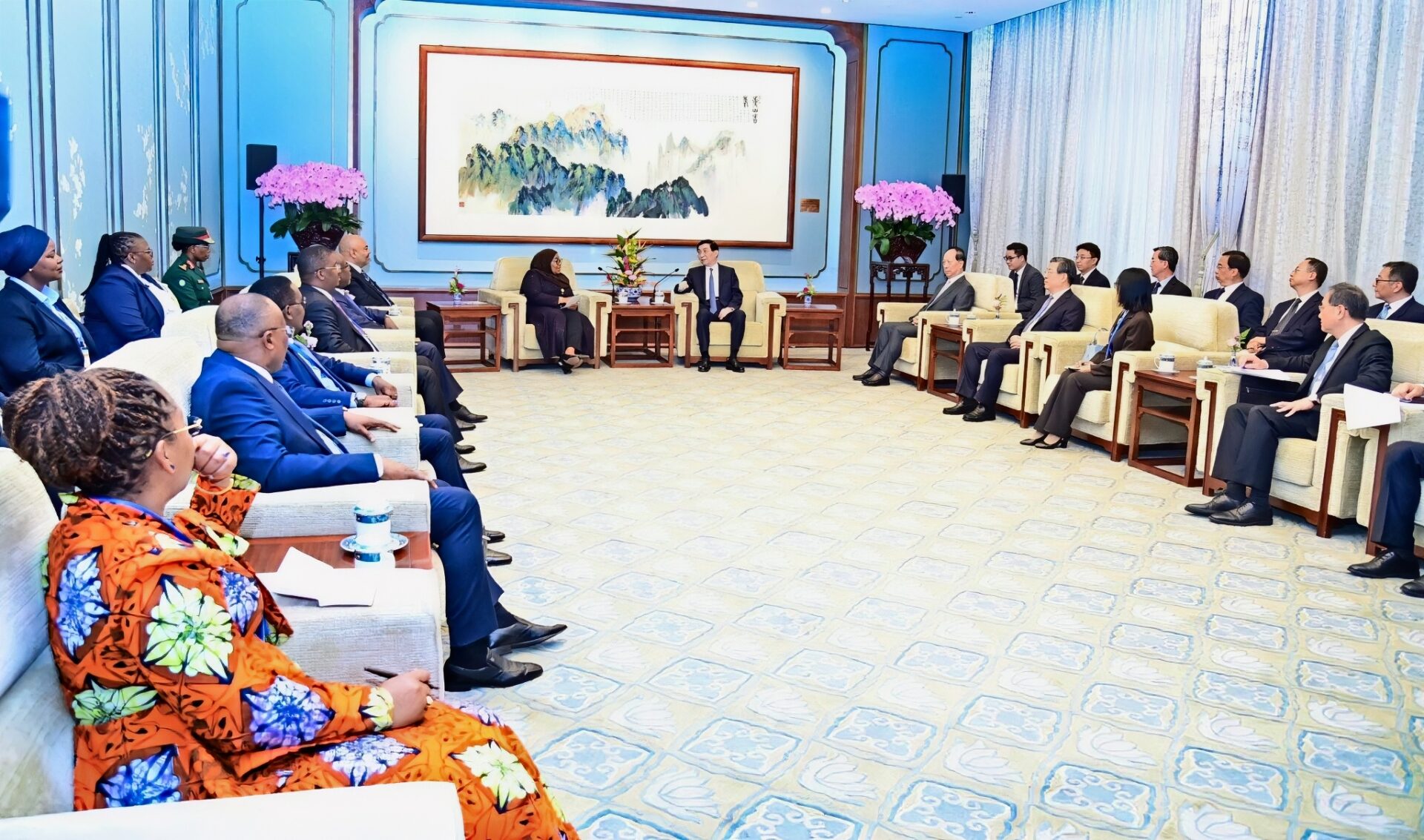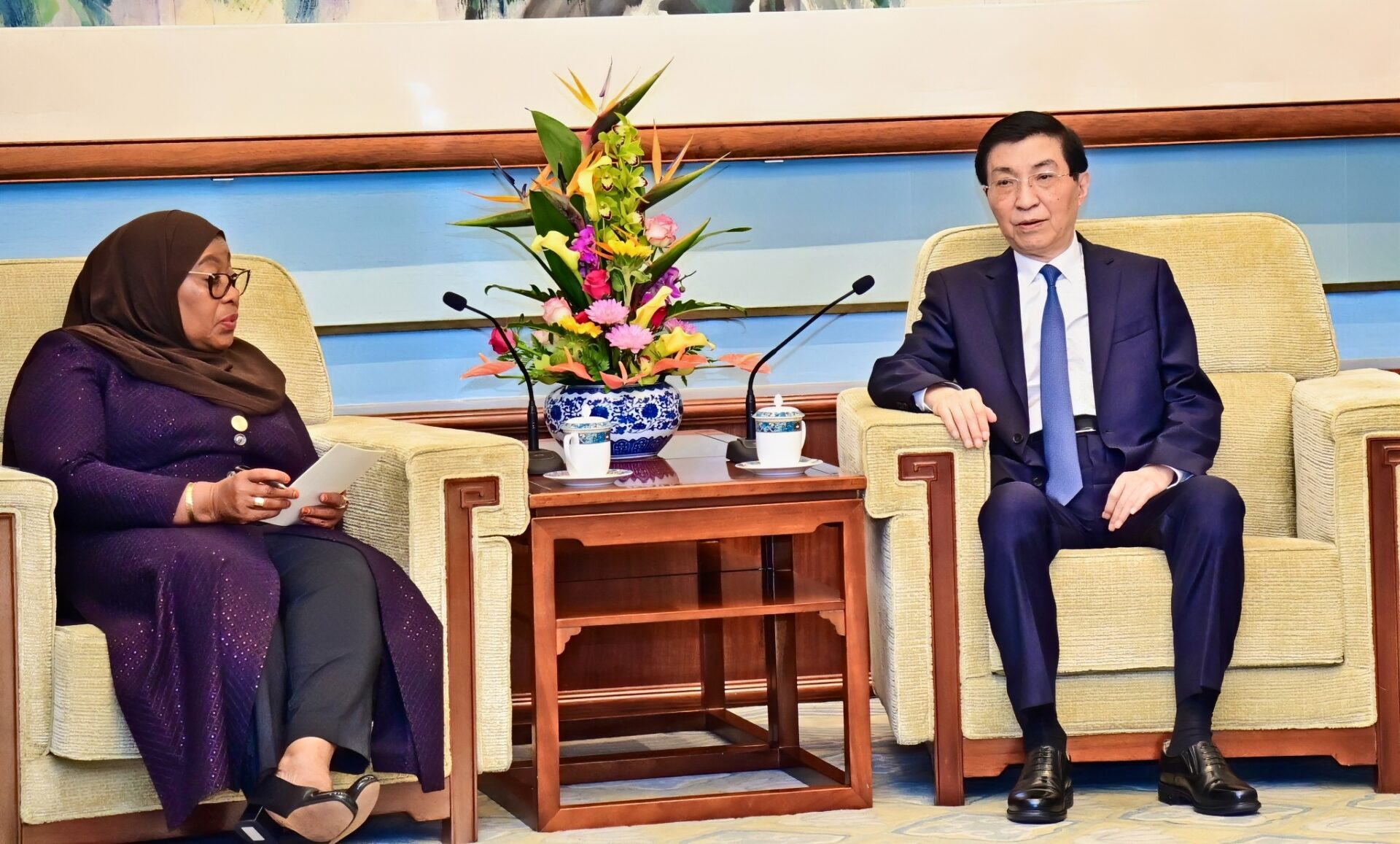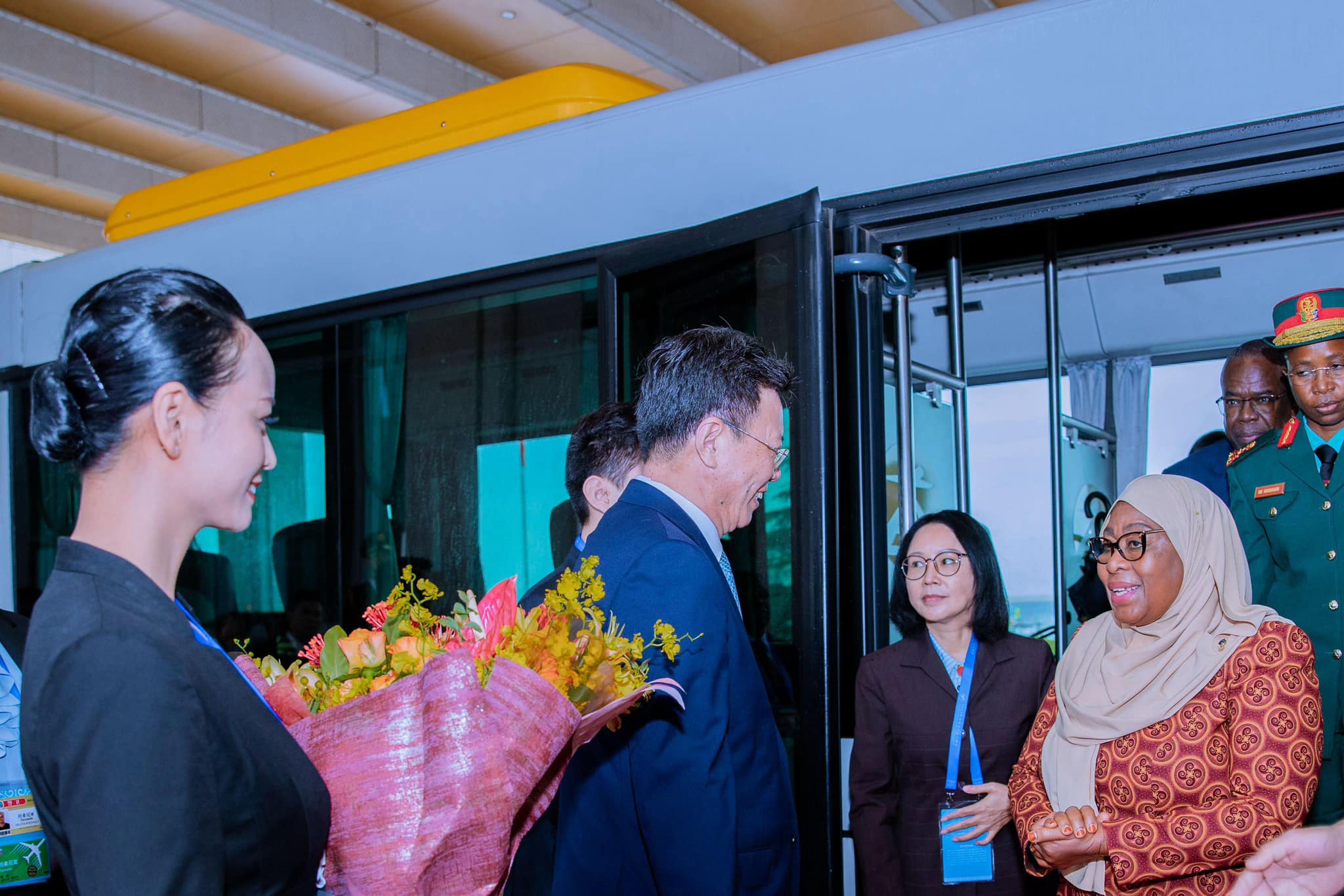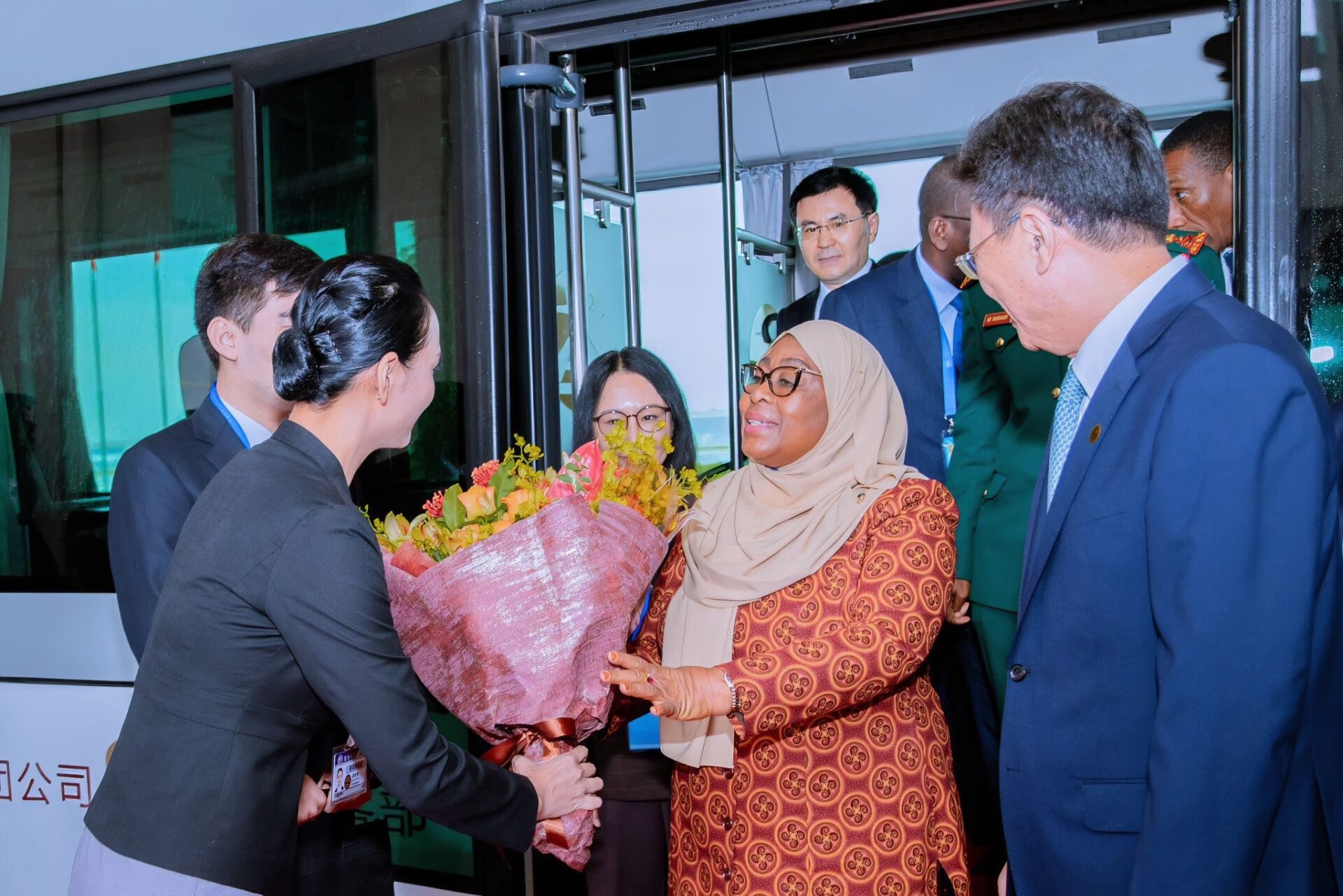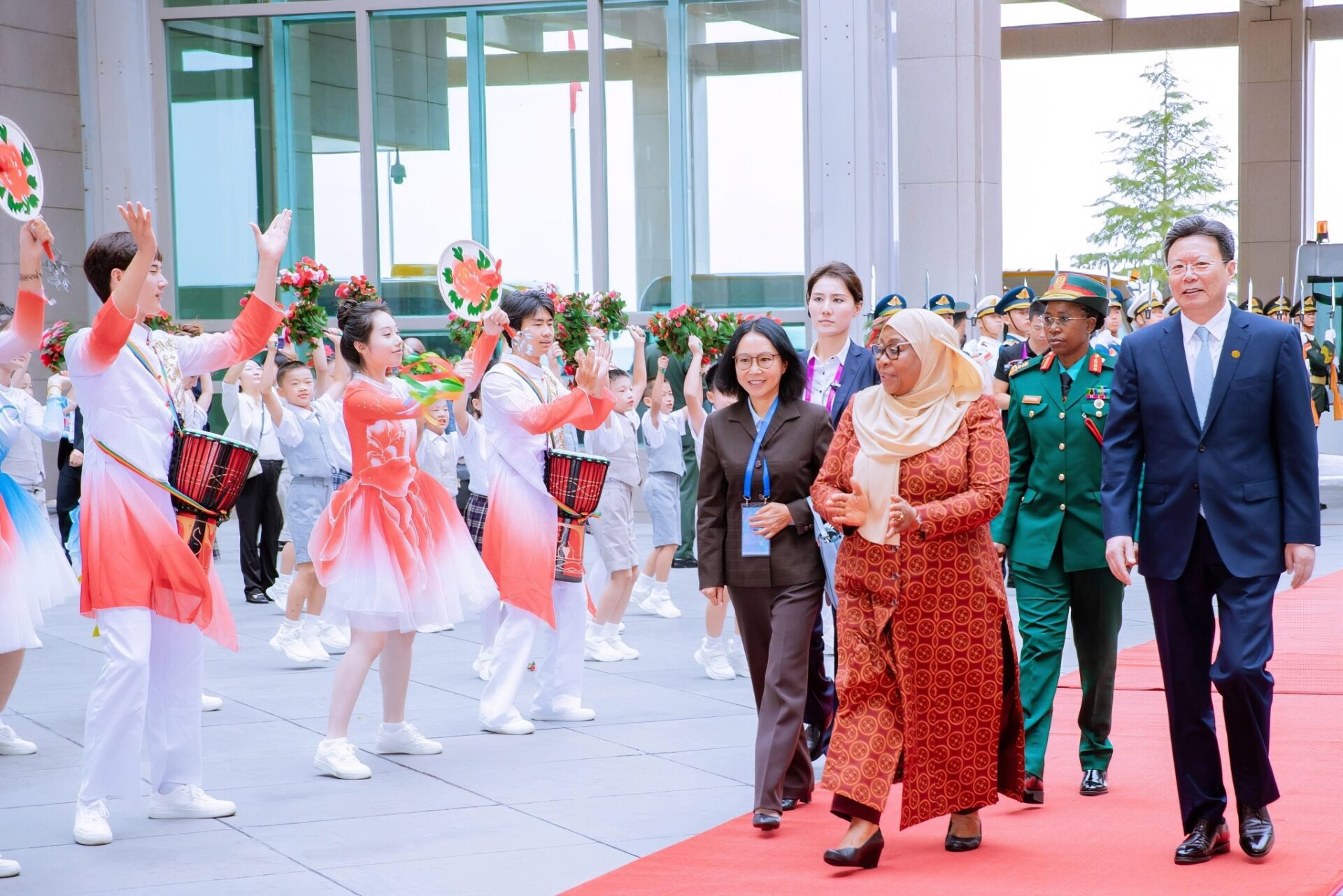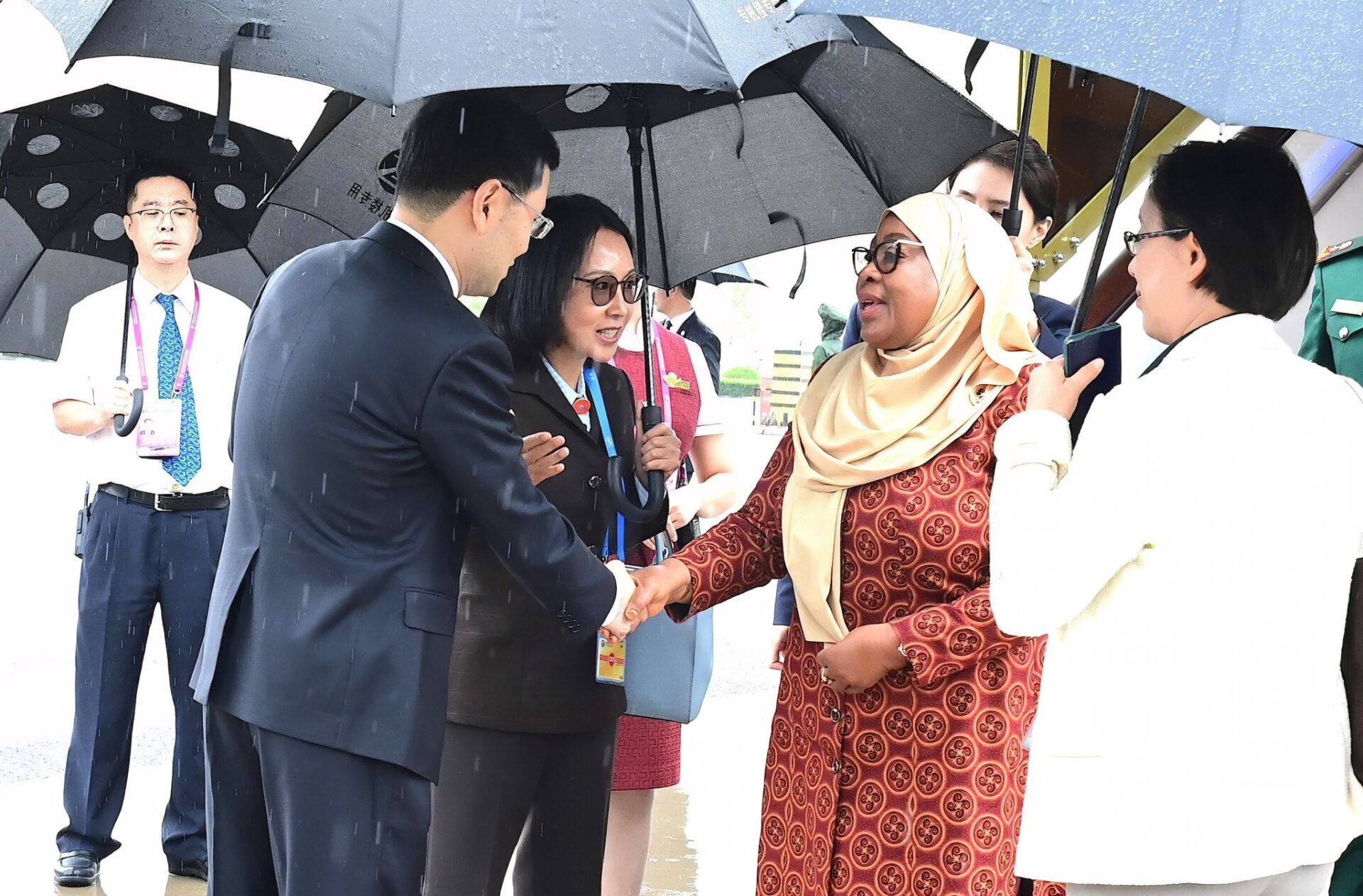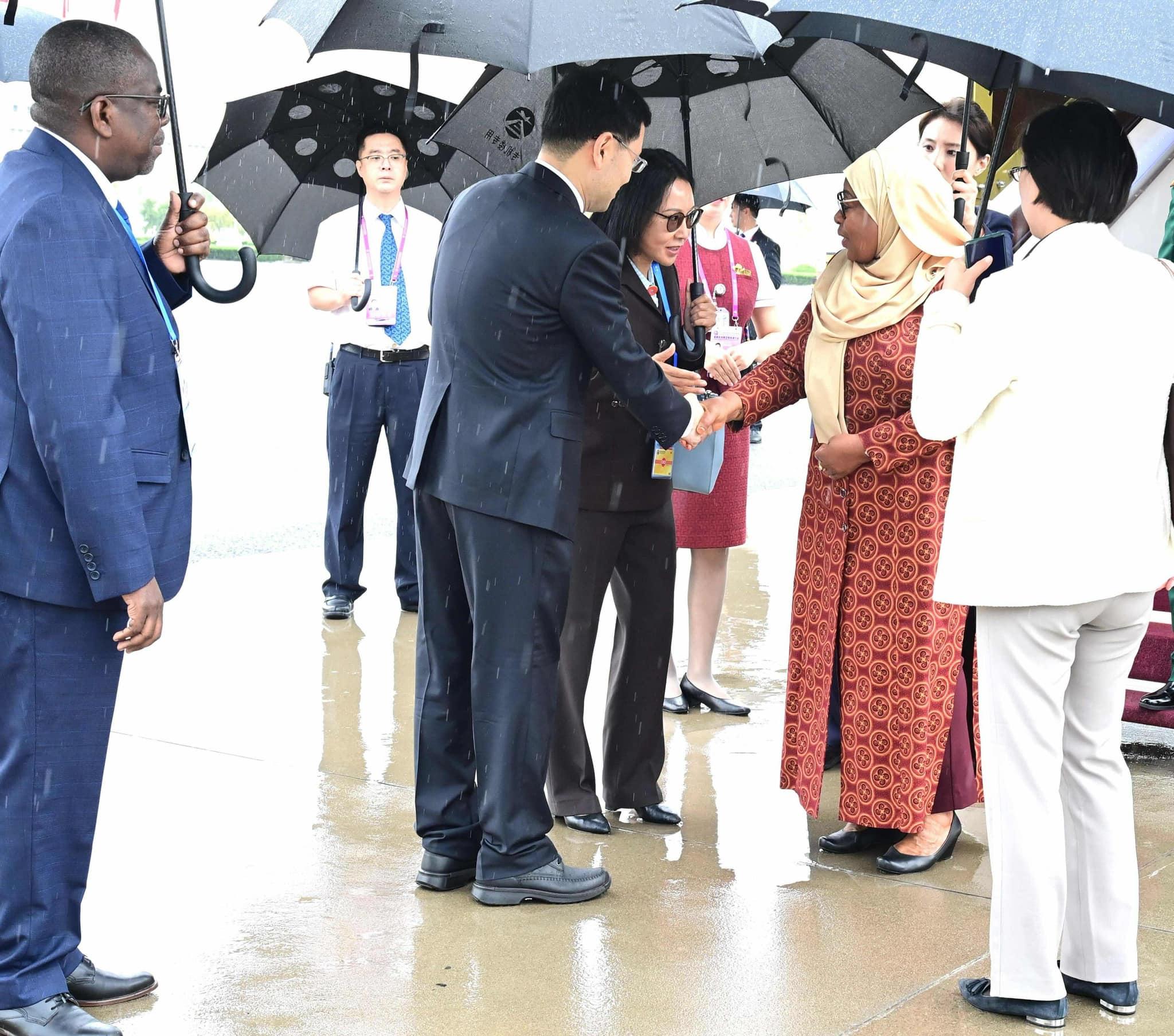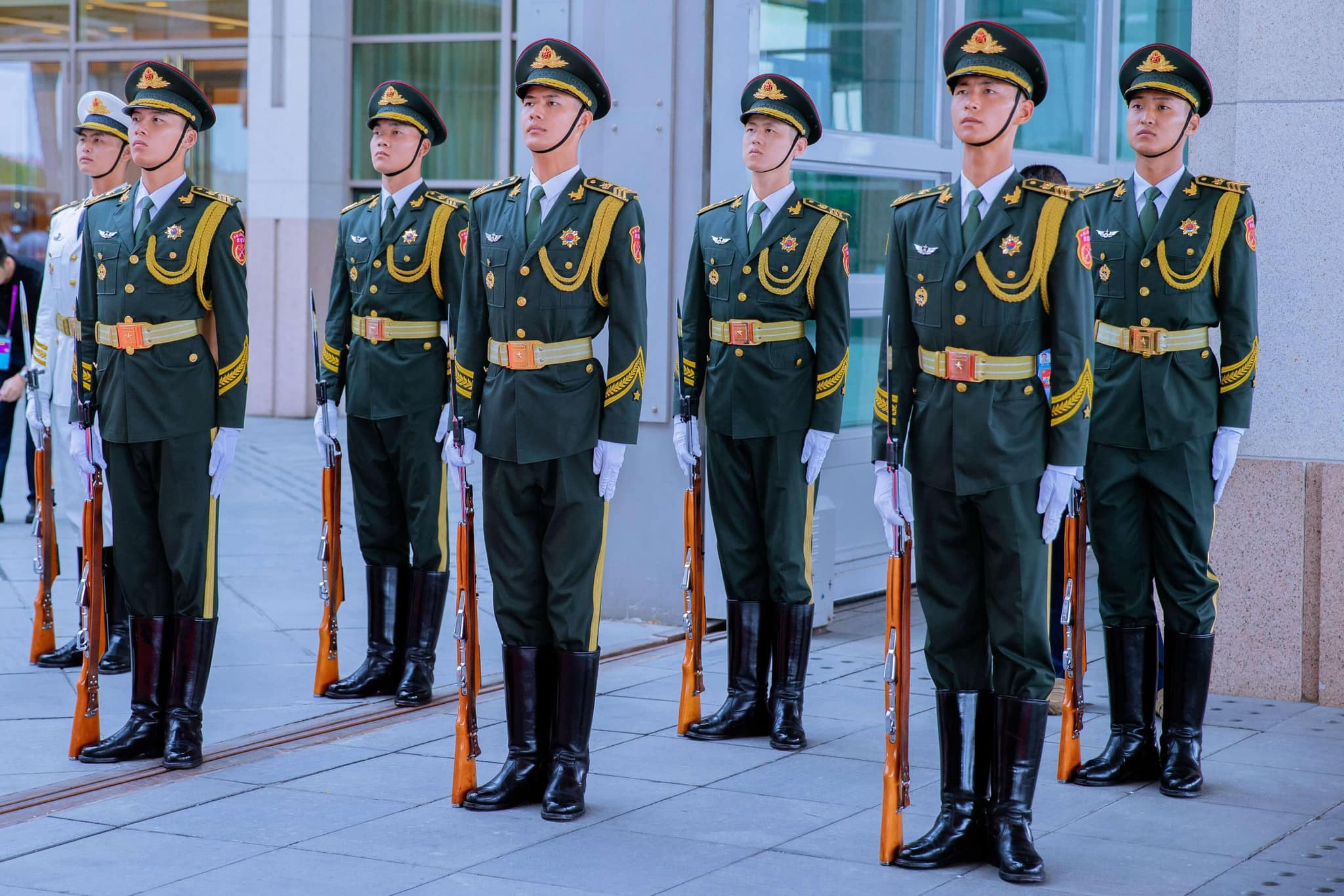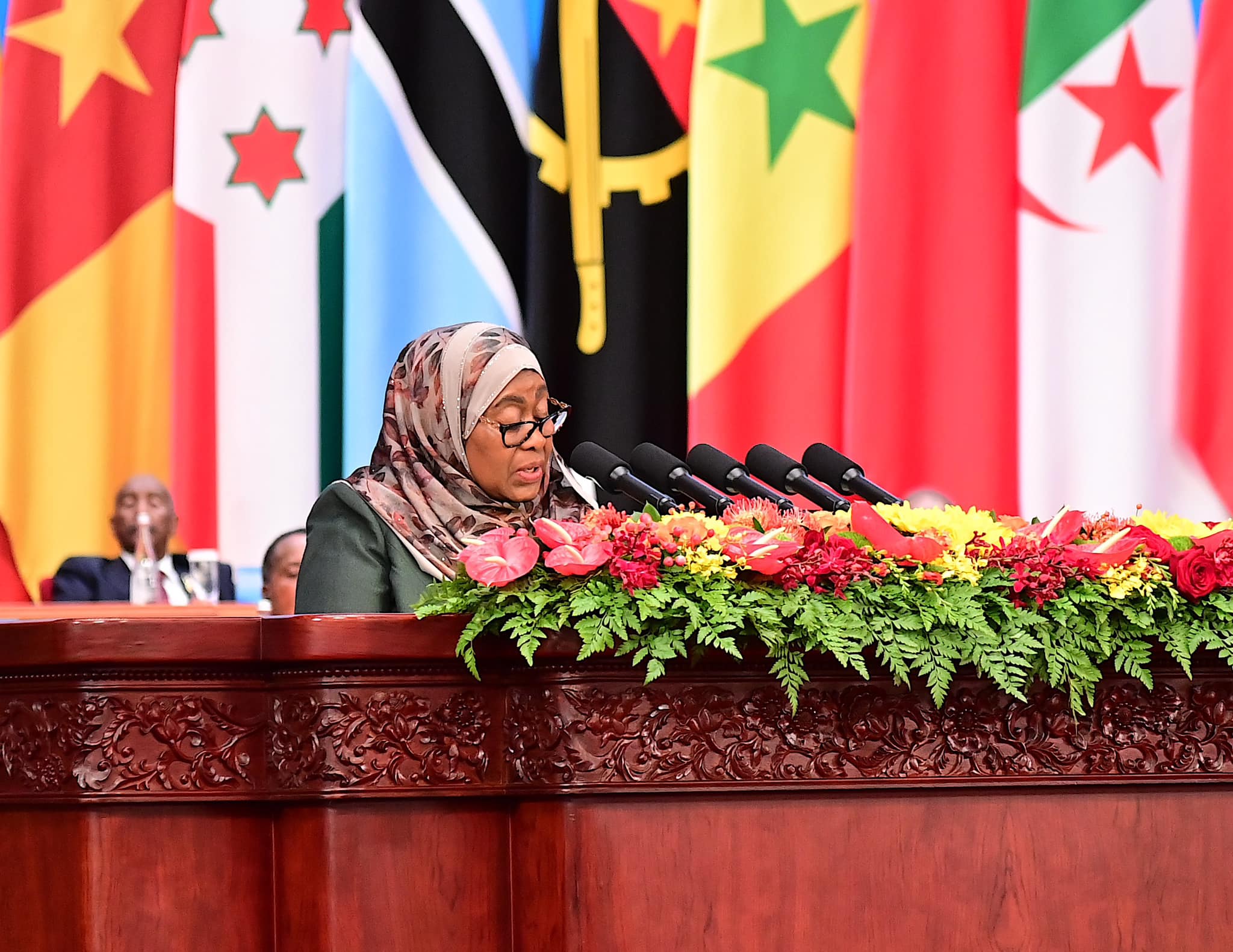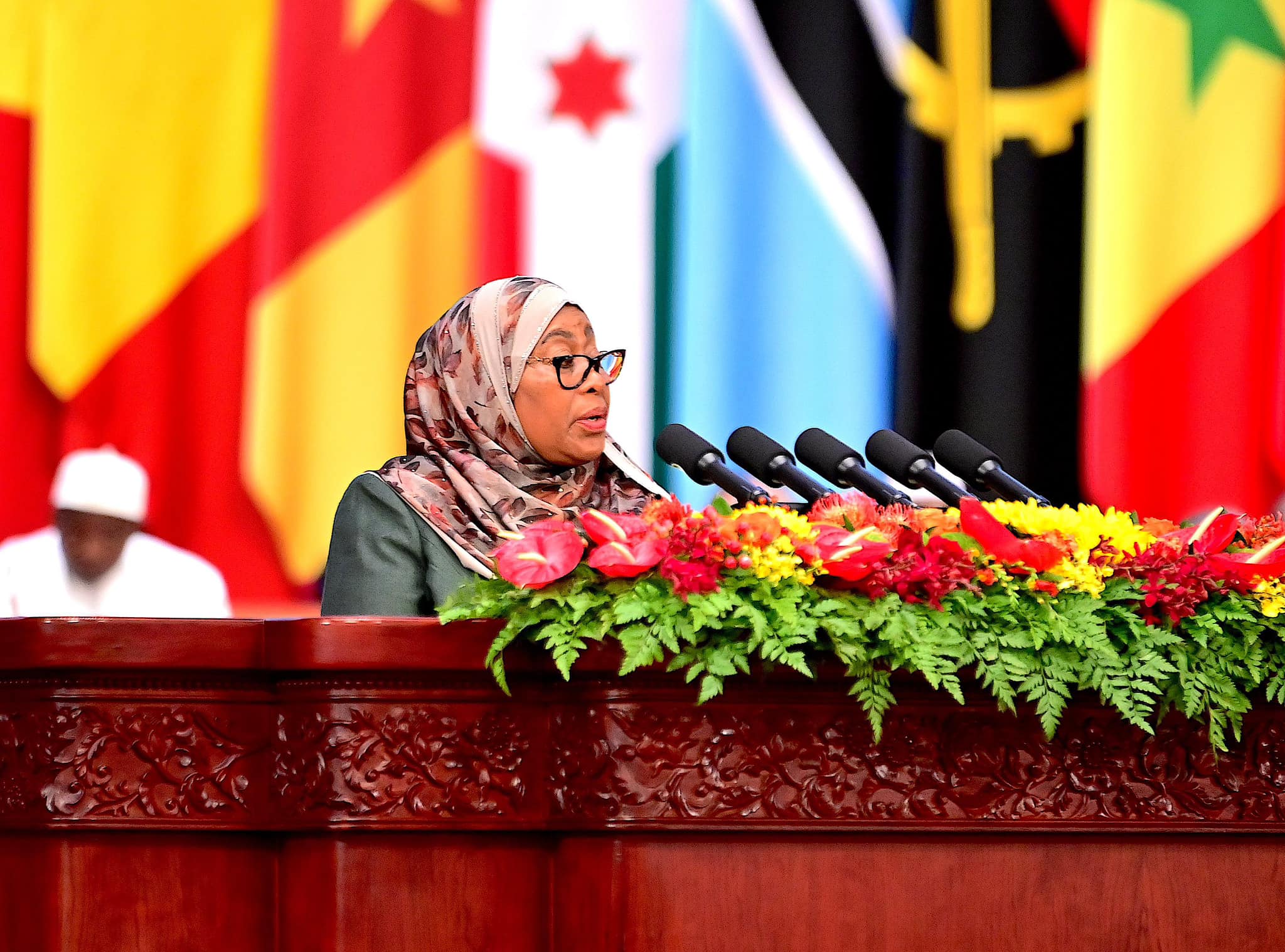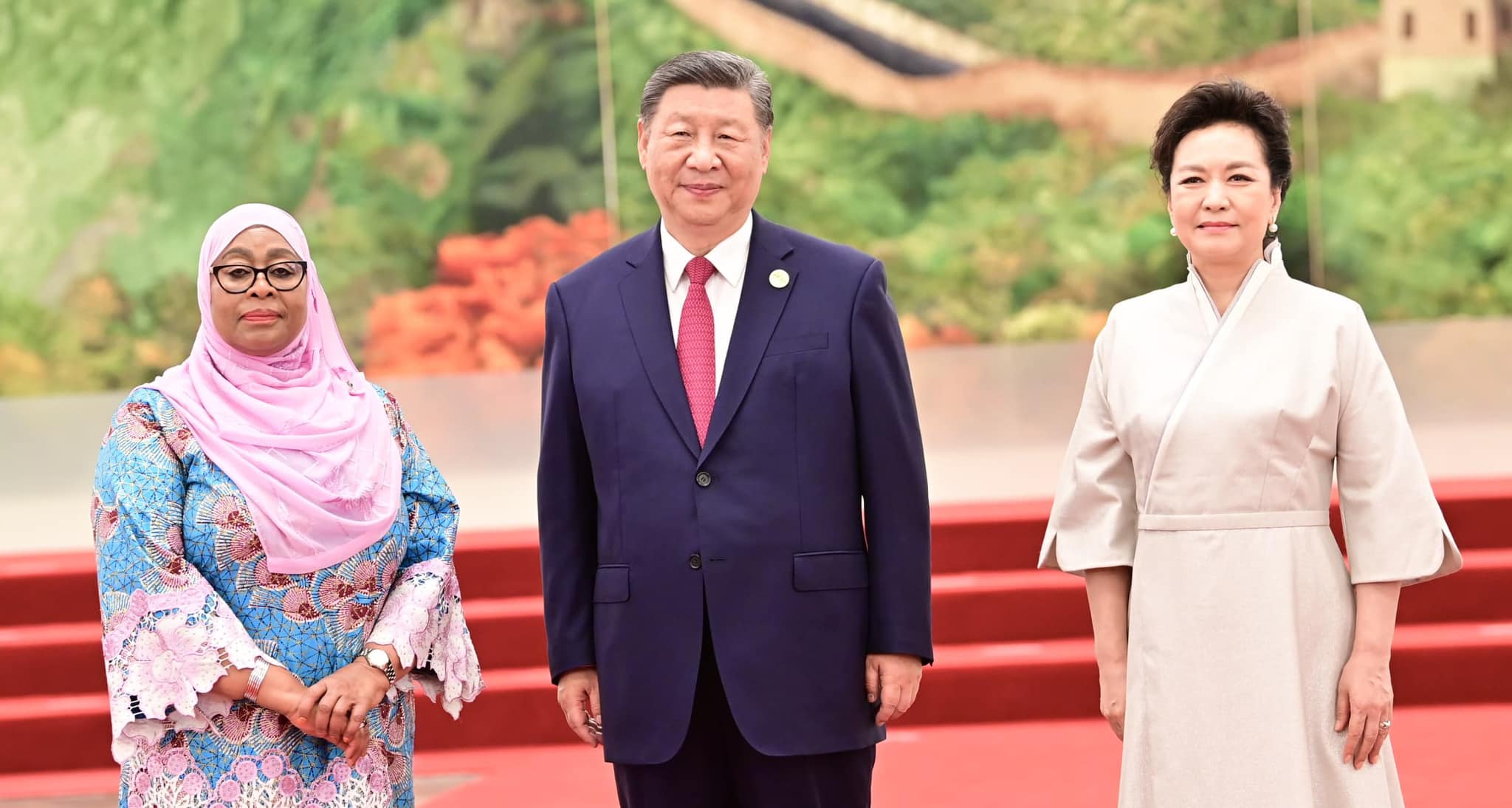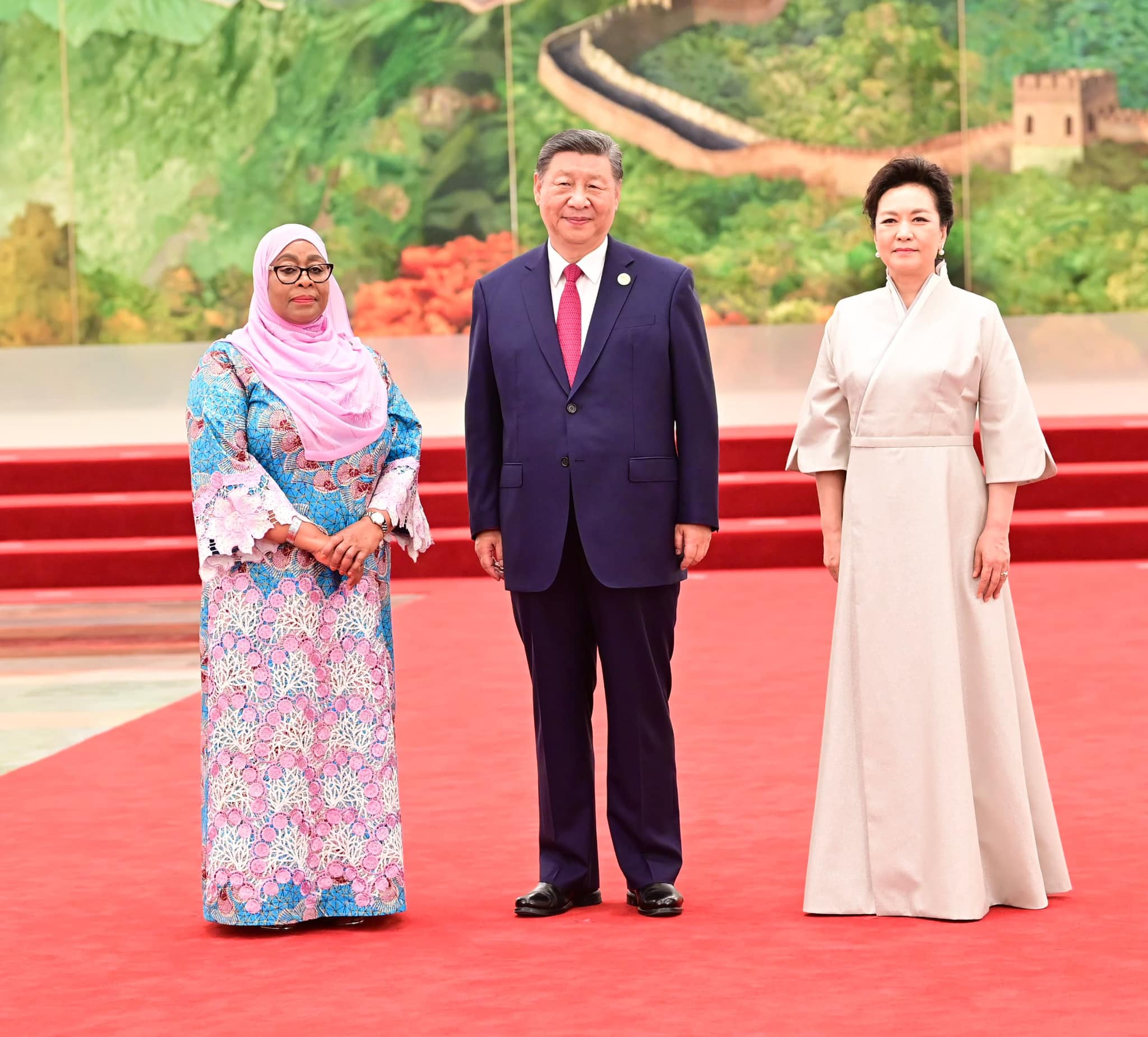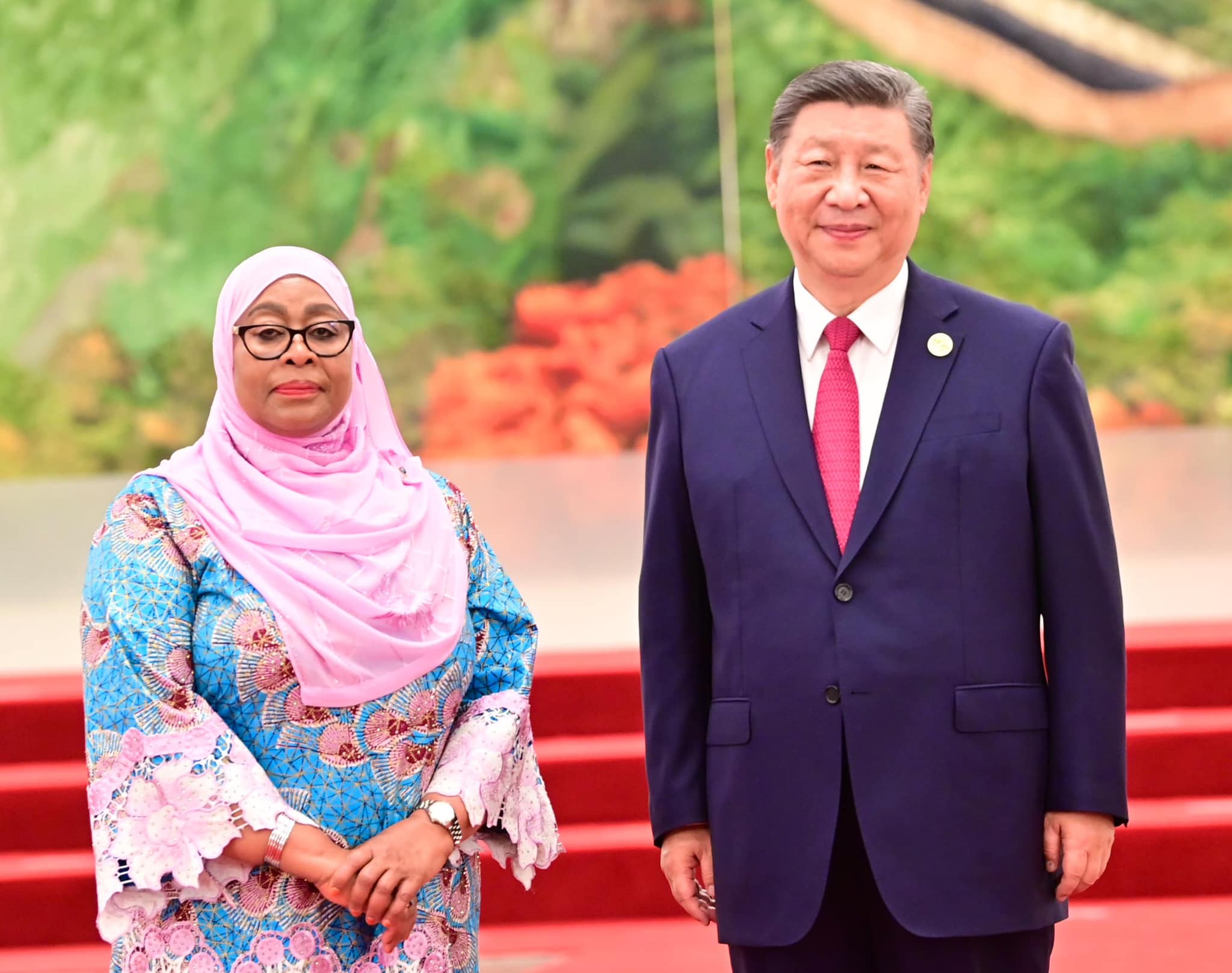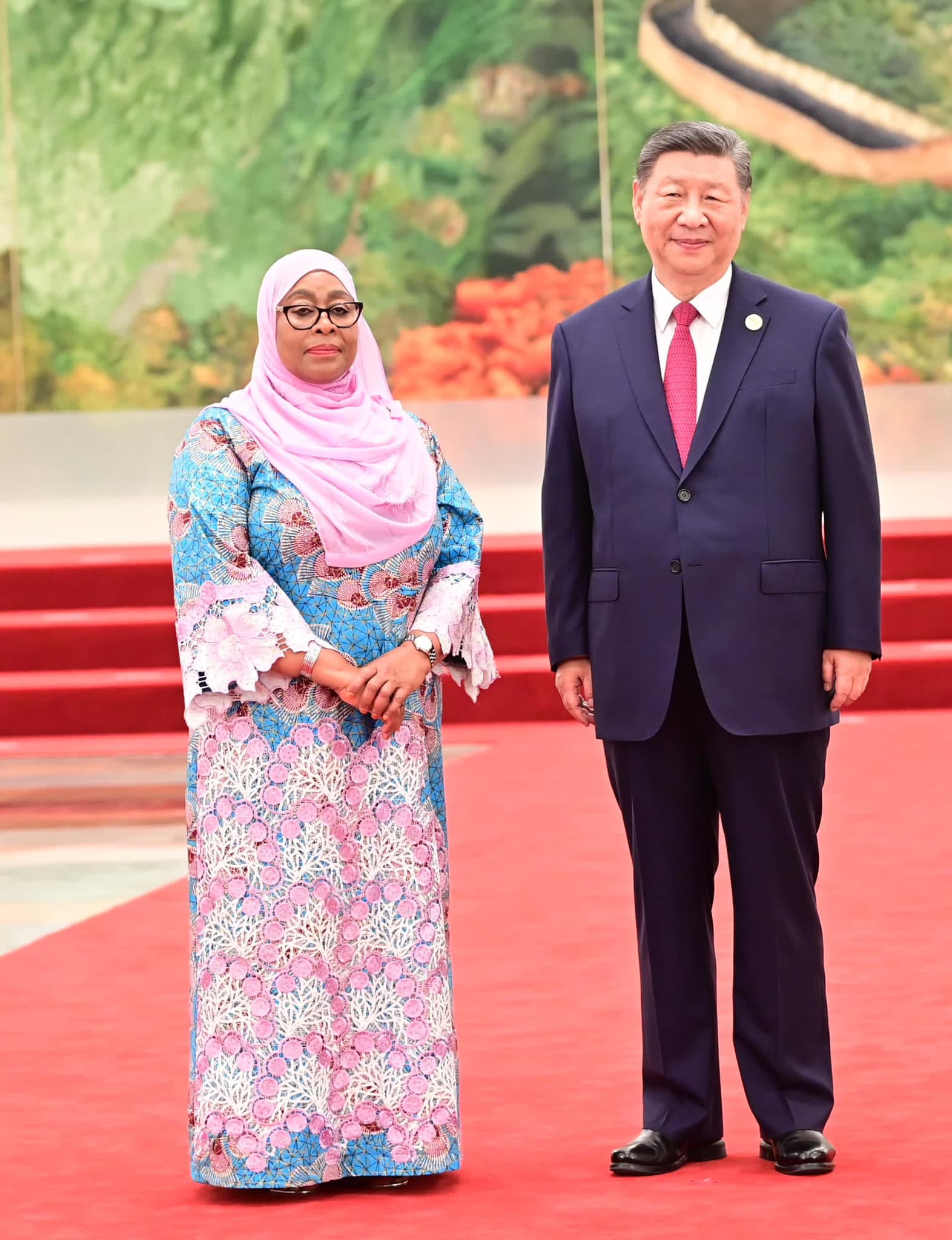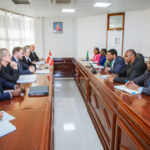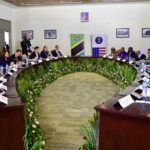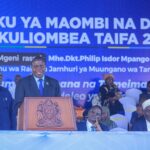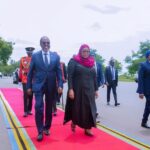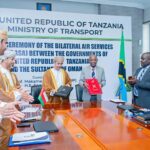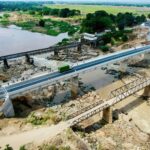On 4 September 2024, a momentous event took place at the Great Hall of the People in Beijing, marking a significant milestone in international cooperation and infrastructure development. The Presidents of the United Republic of Tanzania, the People’s Republic of China, and the Republic of Zambia—Her Excellency Dr. Samia Suluhu Hassan, His Excellency Xi Jinping, and His Excellency Hakainde Hichilema, respectively—convened to witness the signing of a pivotal agreement aimed at revitalising the TAZARA railway. This historic collaboration serves to illustrate the commitment of these nations to enhance regional connectivity, promote economic growth, and strengthen diplomatic ties.
Historical Context of the TAZARA Railway
The TAZARA railway, also known as the Uhuru Railway, has long been regarded as a symbol of the amicable and collaborative relationship between Africa and China. The railway was constructed in the 1970s and represented a significant engineering feat, connecting Tanzania’s port city of Dar es Salaam with Zambia’s town of Kapiri Mposhi. The route spans approximately 1,860 kilometres. The railway was initially constructed with the objective of providing landlocked Zambia with access to the sea, thereby reducing its dependence on routes through apartheid-era South Africa and Rhodesia (now Zimbabwe).
Over the decades, the TAZARA railway has played a pivotal role in facilitating trade and transportation within the region. However, as a consequence of the deterioration of the infrastructure and the lack of investment, the efficiency and capacity of the railway have declined, thereby necessitating the implementation of urgent modernisation efforts.
The Significance of the Agreement
The agreement concluded in Beijing signifies a reinvigorated commitment on the part of Tanzania, China, and Zambia to reinvigorate this vital transportation artery. The project’s objective is to enhance the railway’s infrastructure, optimise its operational efficiency and expand its capacity to meet contemporary demands. It is anticipated that this initiative will have significant ramifications for the economies of the participating countries and the wider region.
Economic Impact and Opportunities
The revitalisation of the TAZARA railway is positioned to facilitate the unlocking of a multitude of economic opportunities. It is anticipated that the enhancement of the railway’s operational efficacy will result in a reduction of transportation costs, thereby rendering it a more appealing option for businesses seeking to transport goods across the region. This could result in an increase in trade volumes, the stimulation of local industries, and the attraction of foreign investment. Moreover, the enhanced railway will facilitate the movement of people, thereby fostering tourism and cultural exchanges between Tanzania, Zambia, and beyond.
Furthermore, the project is expected to generate a significant number of employment opportunities during its implementation phase, thereby providing local communities with access to job markets. In addition to the immediate economic advantages, the modernisation of the railway is anticipated to facilitate long-term economic growth by fostering regional integration and connectivity.
Technological Advancements and Environmental Considerations
A significant element of the railway’s revitalisation process entails the integration of contemporary technologies with the objective of enhancing operational efficiency and safety. The planned enhancements include the implementation of advanced signalling systems, the upgrading of tracks and the introduction of improved rolling stock. The incorporation of these technological advancements will not only augment the railway’s capacity but also diminish travel times and enhance passenger comfort.
In addition to technological advancements, the project places a significant emphasis on environmental sustainability. The project will endeavour to minimise the railway’s carbon footprint and promote eco-friendly practices. This is in accordance with the global initiative towards sustainable development and demonstrates the commitment of Tanzania, China, and Zambia to environmental stewardship.
Strengthening Diplomatic Ties
The signing of the agreement in Beijing serves to illustrate the enduring nature of the diplomatic relationships between Tanzania, China, and Zambia. It emphasises the significance of collaboration and mutual assistance in addressing shared challenges and pursuing common objectives. The TAZARA railway project provides a conduit through which these nations can strengthen their bilateral relations, facilitate personal interactions, and promote cultural awareness.
It is of particular note that China is involved in this project, given its historical role in the construction of the original railway. This renewed partnership serves to illustrate China’s commitment to providing support for the development and infrastructure needs of Africa. Furthermore, it is indicative of the overarching Belt and Road Initiative, which seeks to foster enhanced connectivity and collaboration between Asia, Africa, and other regions.
Challenges and the Path Forward
Although the revitalisation of the TAZARA railway offers significant potential, it is not without its challenges. The key challenges that must be overcome include the sourcing of funding for the project, the coordination of efforts among the involved countries, and the assurance of timely implementation. Furthermore, the railway’s operational continuity throughout the upgrade period will necessitate meticulous planning and coordination.
In order to surmount these challenges, the relevant parties have pledged to implement a robust framework for project management and oversight. It is imperative that regular consultations and collaborative decision-making processes are established in order to guarantee the success of the project. Moreover, the utilisation of international expertise and best practices will be pivotal in navigating the intricacies of such a vast infrastructure undertaking.
Strengthening Ties: The Historic Meeting Between Tanzania and China
On 4 September 2024, a momentous event occurred when the President of the United Republic of Tanzania, Her Excellency Dr. Samia Suluhu Hassan, accompanied by her esteemed delegation, convened with the President of the People’s Republic of China, His Excellency Xi Jinping. This significant meeting took place in the Great Hall of the People in Beijing, marking a pivotal chapter in the diplomatic relations between the two nations.
The context of this meeting is shaped by a complex historical relationship between Tanzania and China. These ties, founded upon mutual respect and shared aspirations, have been instrumental in fostering a partnership that transcends the mere diplomatic formalities. The meeting on 4 September served not only to reaffirm these enduring bonds but also to provide a platform for exploring new avenues of cooperation and collaboration.
A Legacy of Friendship and Cooperation
The relationship between Tanzania and China is characterised by a long and complex history, with roots tracing back to the era of Tanzania’s founding father, Julius Nyerere. The two countries have demonstrated a consistent pattern of supporting each other on various international platforms, advocating for the interests of developing nations and championing the cause of global equity. This legacy of friendship has established a robust foundation for contemporary engagements that seek to address the challenges and opportunities of the modern world.
The relationship is founded upon a common vision for development and prosperity. Both nations have initiated ambitious development programmes with the objective of improving the living standards of their respective populations. China’s Belt and Road Initiative (BRI), which aims to enhance global trade and stimulate economic growth across Asia and beyond, is perfectly aligned with Tanzania’s own strategic development goals. The meeting in Beijing presented an ideal opportunity to explore the potential for harmonising these initiatives in a way that would yield mutual benefits.
Economic Partnerships and Trade
The subject of economic cooperation was a central focus of the discussions between President Samia Suluhu Hassan and President Xi. Tanzania, endowed with a wealth of natural resources and situated at the crossroads of East Africa, offers a multitude of prospects for Chinese investment. The two leaders examined potential avenues for the advancement of trade relations, with a particular emphasis on sectors such as agriculture, mining, and infrastructure development.
China’s investment in Tanzania has been pivotal in the development of essential infrastructure, including the construction of roads, railways and ports. Such projects facilitate trade and contribute to the overall economic development of the region. During the meeting, both presidents emphasised the significance of sustainable and inclusive development, underscoring the necessity for projects that benefit local communities and promote environmental sustainability.
Cultural and Educational Exchange
In addition to economic considerations, the meeting underscored the significance of cultural and educational exchanges in fortifying bilateral relations. Both Tanzania and China acknowledge the value of fostering connections between individuals that transcend geographical boundaries. Educational partnerships, including scholarships and academic exchanges, have been instrumental in fostering the development of a new generation of leaders who are equipped with the requisite skills and knowledge to drive future collaborations.
The cultural exchange between the two nations is equally vibrant, with initiatives aimed at promoting mutual understanding and appreciation of each other’s rich heritage. Such exchanges serve to facilitate a connection between the people of Tanzania and China, whilst simultaneously contributing to the enhancement of the cultural tapestry of both nations.
Addressing Global Challenges
In addition to bilateral issues, the meeting provided a forum for the two leaders to engage in discourse on pressing global challenges. The meeting addressed a number of key issues, including climate change, public health and security. In this context, both presidents expressed their commitment to working together in order to find sustainable solutions. Tanzania and China, as prominent actors on the global stage, acknowledge the significance of multilateral collaboration in addressing these challenges.
The global spread of the SARS-CoV-2 virus has highlighted the interconnectedness of the world and the necessity for collective action. Both nations have been active participants in global efforts to combat the pandemic, and their collaboration in this area serves as a testament to the strength of their partnership. The meeting in Beijing served to reaffirm their commitment to providing support for global health initiatives and enhancing resilience against future pandemics.
Looking to the Future
As the meeting drew to a close, both President Samia Suluhu Hassan and President Xi conveyed a sense of optimism regarding the future trajectory of Tanzania-China relations. The discussions held in Beijing established the foundations for a new era of collaboration, characterised by mutual respect, shared objectives and a commitment to the advancement of their respective peoples.
The historic meeting on 4 September 2024 serves to illustrate the enduring nature of the friendship between Tanzania and China. It serves as an exemplar of the efficacy of diplomatic efforts in fostering collaboration across geographical boundaries. As both countries contemplate their future, they do so with a unified vision of prosperity, peace, and progress.
In conclusion, the agreement to revitalise the TAZARA railway represents a significant turning point in the history of Tanzania, China, and Zambia’s bilateral relations. This serves as an exemplar of the capacity of collaboration to propel economic growth, reinforce regional connectivity, and cultivate diplomatic ties. As the project progresses, it is anticipated that transformative changes will be brought about, to the benefit of the people of these nations and to the broader development of the African continent.
In an era characterised by global challenges that require collective action, the TAZARA railway project serves as a source of hope and a model of international partnership. It exemplifies the potential of infrastructure development to facilitate the bridging of divides, the creation of opportunities, and the construction of a more interconnected and prosperous world. As Tanzania, China, and Zambia embark on this ambitious journey, they do so with a shared vision of progress, prosperity, and peace. The meeting between President Samia Suluhu Hassan and President Xi was not merely a diplomatic engagement; it was a celebration of a partnership that has withstood the test of time. The partnership is founded upon trust, mutual respect, and a shared commitment to advancing the interests of their respective peoples. As Tanzania and China continue to reinforce their bilateral relationship, observers around the globe await with optimism the positive repercussions this partnership will have on the international stage.
Tanzania Media
- Kanyala Ferry Launch: TEMESA’s New Service for 15,000 Sengerema Residents (Mwanza) - 18 August 2025
- Russia-Tanzania Naval Cooperation: How the Smolny Training Ship Boosts Dar es Salaam’s Maritime Security - 18 August 2025
- Tanzania’s ICGLR Commitment: Stabilising the DRC & Great Lakes Region - 18 August 2025

